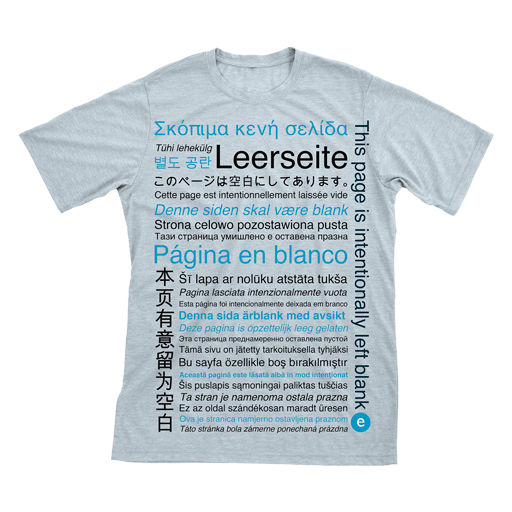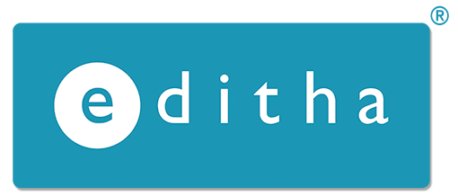According to a recent study, one out of two remote workers is not fully satisfied with working from home during the last year of COVID-19 pandemic. What tipped the scales towards this result is a combination of favourable and unfavourable conditions – both on a personal and professional level. Unfortunately, it is difficult for a company to address problems related to employees’ personal environment, such as unsuitable workstations, network or equipment issues, overall family-work balance. However, the company can have a significant impact on those aspects linked to a centralised work management.
Remote working, adopted by many companies including ours as an urgent measure in response to the COVID-19 emergency, has naturally become an opportunity for growth and change for us. Some choices in particular helped us to start off on the right foot and adapt to this “new normal”. We had already talked about it in this post, in which we acknowledged how much this solution has given us the opportunity to rediscover our essence, reconsider our work and make us understand who we really are: a company capable of doing a bit of soul searching, where what matters most is people.
We would like to take some time to reflect on the meaning of flexible working in Editha and, why not, also on our ideas to implement it successfully. How do you practically manage a remote team? What are the best tools for shared project management? How can you feel you are personally part of a real team and not just of a virtual one?
Let’s try to answer these questions by giving you some concrete examples.
Work allocation: transparency and clarity
Knowing who does what forms the basis of a balanced and well-organized workload. The most important aspect to focus on in a remote team is work allocation. Remote working might be an opportunity to identify and fill some organisational gaps and review the company structure in order to carefully redefine roles and assignments.
A shared platform for project management: the example of “Monday”
If a tool like Monday is not part of your workflow yet, we at Editha think you should make up for that. As a matter of fact, having a shared project management platform will be an important turning point in your business. Monday is a user-friendly, intuitive platform that allows you to plan team work, organize projects, assign tasks and track their status in real time. In a shared workplace of course. It is a great tool to simplify and customise your work through a wide range of pre-set templates.
Other effective platforms, such as Asana or Trello can be possible alternatives to Monday because they also allow you to assign tasks and keep track of deadlines and responsibilities. We recommend that you test those programs in order to make a conscious choice and use the one that best suits your needs.
Sharing files online on a server
When working from home, all files and working tools should be fully accessible to the whole remote team. Investing in a good server is a fundamental step in the restructuring process required by remote working since it will allow you to say goodbye to local files.
Why do you need a server? The risks involved in choosing to manage files locally rather than on a network are many: there may be multiple copies of the same document or files may corrupt or become unusable. Files can be stored on a server which can also host corporate software and databases, both online and offline.
Cost-effective alternatives to a server are cloud storage systems such as Google Drive, Dropbox or OneDrive, which allow more users to automatically synchronize shared files across multiple devices.
Shared language and effective communication
Internal communication can be a real Achilles’ heel in companies of any size and at any latitude. Having your own jargon, a true ‘corporate glossary’, can make a difference in a remote team. A project should use specific terminology made of clear, easy to remember and almost ‘evocative’ words in order to be truly shared. Using generic and project-specific checklists in your workflow can also produce a significant improvement.
The above ideas can be easily put into practice and can greatly simplify the work of a remote team. All colleagues will be able to understand each other perfectly and those who are new to the company will easily absorb the team dynamics!
Redefining relationship with remote coworkers
Speaking of new collaborators, little has been said about the impact of remote working on new hires who have just entered the world of work. Junior coworkers are those who most benefit from face-to-face interaction with senior colleagues who train them and transfer very important soft skills which are difficult to be acquired remotely. The observation of and interaction with coworkers are great sources of learning and maybe a solution should be found to reduce the impact of this drastic change on younger people.
In Editha, training is seen as a pillar on which the company is built. Lately we’ve been implementing new measures to make sure that no one is left behind: we do remote training through online sessions, screen sharing and webinars. We have also created a series of videos tutorials to record all the steps followed in our projects so that they are always available to the team in some sort of ‘knowledge base’. Some handy tools that we recommend for making internal tutorials are Loom or Quicktime.
In conclusion, make sure you NEVER underestimate the importance of training and interaction in a team. They are key aspects which should be seen in a new, broader perspective.

Blank canvas
A few years ago, we got some T-shirts printed with a funny (at least to those in the sector) design. It tells a lot about us and our work and we give it to all Editha collaborators and friends.
The T-shirt says ‘this page is intentionally left blank’ in more than 20 languages, turning a printing convention into a motto, and wants to convey the idea that a blank page is not a forgotten element, there is an intention behind it. A blank surface becomes a blank canvas in which all individual ideas can be grouped together to develop our identity as a team.
This T-shirt has become our personal reinterpretation of the traditional Casual Friday (home office version now) and it’s a must-have item during our virtual coffee breaks and happy hours over Google Meet! It reminds us that, sometimes, we can be a blank page waiting to be painted.





0 Comments